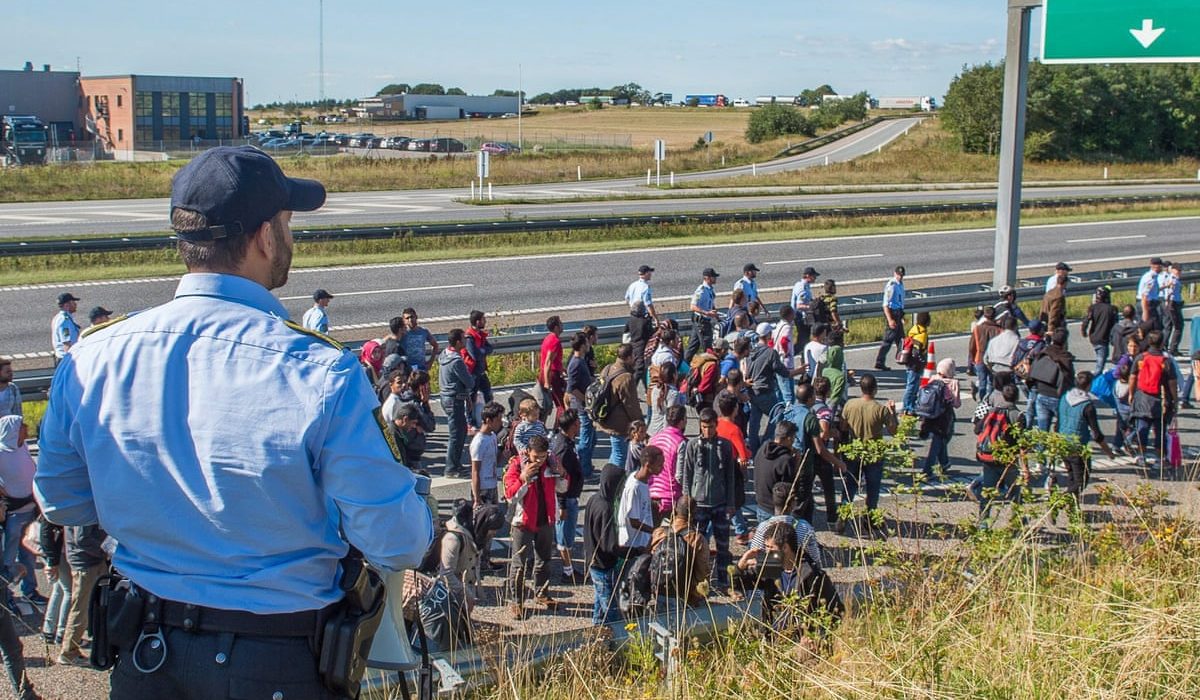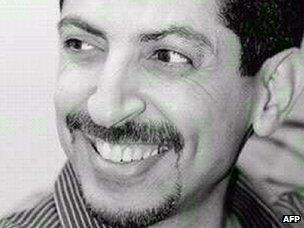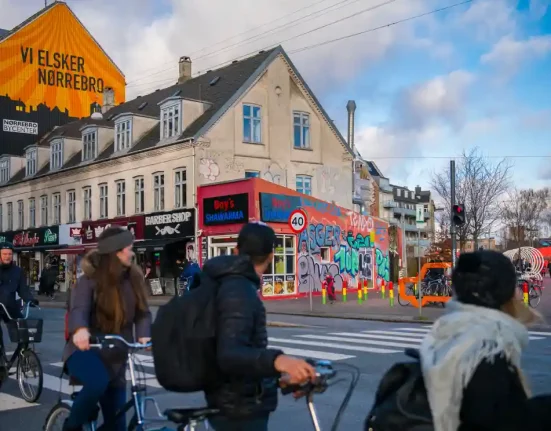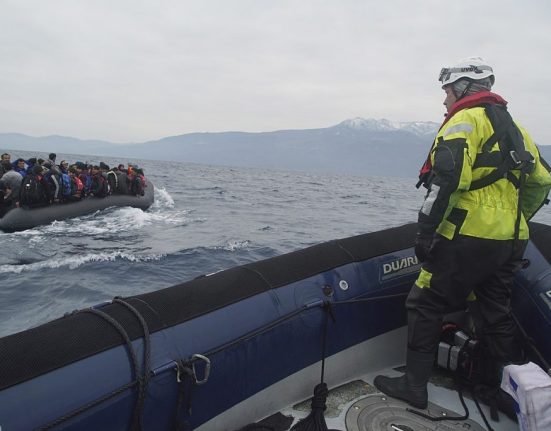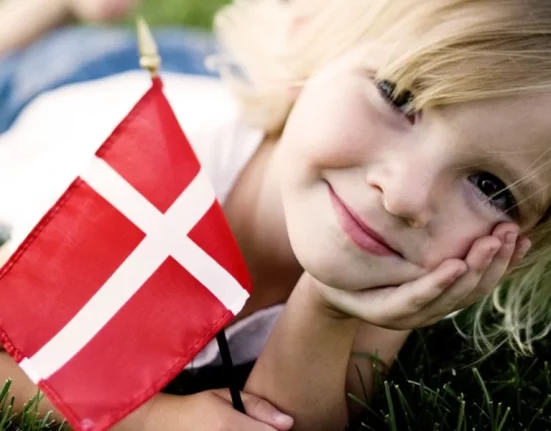The legislation will complicate the EU’s efforts to overhaul Europe’s fragmented migration and asylum rules, an extremely divisive subject within the block. The European Commission (the EU’s executive) questioned the law’s compatibility with Denmark’s international obligations.
“External processing of asylum claims raises fundamental questions about both the access to asylum procedures and effective access to protection,” said Adalbert Jahnz, a commission spokesperson.
“It is not possible under existing EU rules or proposals under the new pact for migration and asylum.” Denmark maintains one of Europe’s harshest stances on immigration and aims to accept refugees only under the UN’s quota system.
The new law will allow Denmark to move refugees from Danish soil to asylum centres in a partner country for case reviews and possibly their protection in that country.
“If you apply for asylum in Denmark, you know that you will be sent back to a country outside Europe, and therefore we hope that people will stop seeking asylum in Denmark,” Rasmus Stoklund, the government party’s immigration speaker, told the broadcaster DR on Thursday.
Denmark still can’t seem to agree with an accomplice country, yet Stoklund said there were arrangements with a few applicant nations.
In April, Denmark’s movement serve, Mattias Tesfaye, whose father was an Ethiopian settler, showed up in Rwanda on an unannounced visit to the focal African country, which prompted the consenting to discretionary arrangements on refugee and political issues.
Tesfaye later said it was too soon to name a particular accomplice. Yet, Denmark, alongside Austria, has recently vowed help for an UN-worked refugee camp in Rwanda, set up to get evacuees caught in Libya.
EU nations examined setting up such outer focuses in 2016-18 after a sharp ascent in Mediterranean appearances overpowered the alliance. Lawful, helpful, political, wellbeing and monetary worries overshadowed the proposition in those days.
People stress that moving the shelter interaction to nations with fewer assets will sabotage the wellbeing and government assistance of outcasts and undermine their basic freedoms.
“The plan to externalize the obligation of handling shelter searchers’ haven claims is both flippant and ailing in fortitude,” said Charlotte Slente, the overall secretary of the Danish Refugee Council, an NGO.
The United Nations High Commissioner for Refugees (UNHCR) cautioned that Denmark’s move could trigger a “rush to the base”, assuming different nations stuck to this same pattern.
Gillian Triggs, a UNHCR partner high official, said: “Such practices subvert the freedoms of those looking for security and assurance, defame and rebuff them, and may put their lives in danger.”
The number of displaced people looking for a haven in Denmark had dropped consistently to a little more than 1,500 candidates last year from a pinnacle of more than 21,000 out of 2015 when in excess of 1,000,000 evacuees generally from the Middle East and Africa came to EU shores.


